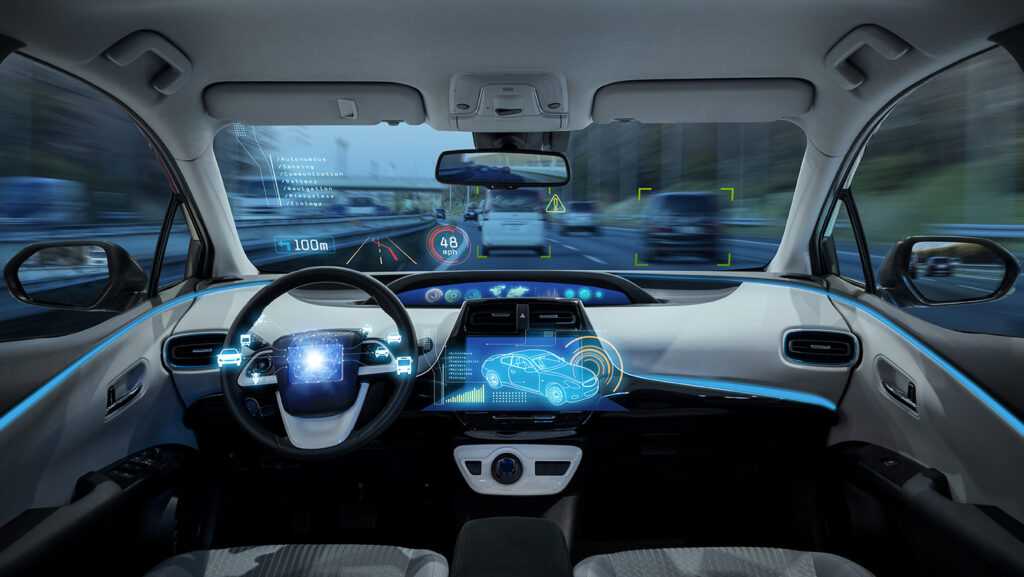In the recently delivered King’s Speech, King Charles unveiled a set of motor related policies from the government, including the highly anticipated Automated Vehicles Bill with new laws to prevent keyless car thefts.
The bill is primarily designed to tackle the way we will approach safety relating to self-driving cars. The will also be a new law to address the alarming increase in car thefts, which witnessed a 25% rise last year, reaching a staggering 130,389 cases. Rishi Sunak’s proposed crackdown on keyless car theft reflects the government’s desire to make our roads and vehicles a key component of his party’s bid for re-election.
Keyless cars have created a new kind of criminal
Keyless car theft has become an emerging modern issue. Thieves use electronic equipment like signal amplifiers and relay devices to override automatic locking systems and gain access to cars.
Under the proposed legislation, individuals caught with keyless car hacking equipment will now have to prove that they did not intend to use it for criminal purposes. This marks a significant shift in the burden of proof, moving it from the prosecution to the defence in cases related to conspiracy to steal and handle stolen goods.
This change is expected to make it more challenging for individuals to possess such equipment without a legitimate reason, thereby reducing the risk of keyless car theft.
The police are being given enhanced powers to safeguard UK vehicles
The proposed legislation will also grant police enhanced powers to access the DVLA database, enabling them to check names, addresses, and photos when pursuing all criminals, not just those involved in motoring offences..
This expanded access aims to aid in resolving more theft, burglary, and robbery cases, as only a mere 4.6 per cent of theft-related offences led to suspects being charged in the year leading up to June.
A safe self-driving future depends on the government and automotive manufacturers
Beyond addressing keyless car theft, the Automated Vehicles Bill introduced in the King’s Speech sets the stage for the safe deployment of self-driving vehicles. The legislation aims to make the UK a global leader in safe self-driving cars.
One of the primary ways the bill will enhance road safety is by allowing only self-driving vehicles that can operate safely without human intervention to be on UK roads.
The Department for Transport will have the authority to authorize vehicles that meet these stringent safety regulations, ensuring that only the most reliable self-driving cars are allowed on the road.
The legislation places significant responsibility on the companies that develop and operate self-driving vehicles. These companies will be held accountable for the safe operation of their vehicles and their compliance with the law once authorized.
In cases of failure to fulfil their duties, companies may face fines, suspension of operation, or even criminal charges in the most serious instances.
A digital road blueprint for the future
The bill also introduced the digitalisation of Traffic Regulation Orders (TROs), requiring local authorities to report changes in road regulations to a central database. This digital footprint of the roads will assist self-driving vehicles in navigating safely and adhering to speed limits and other regulations.
In the wake of King Charles’s speech outlining a wide range of policies, the introduction of the Automated Vehicles Bill takes center stage. While addressing the future of transportation with self-driving cars, this legislation also places a strong emphasis on road safety and the prevention of keyless car theft.
Yet the long awaited Transport Bill did not materialise. As a result there was no update on the government’s long term approach to e-scooters. Private use of this popular micro-mobility solution has been restricted to council run trial hire schemes, whilst illegal riding by those that own vehicles personally is a common sight on UK roads.
By banning keyless car hacking equipment, shifting the burden of proof, and enhancing accountability for manufacturers, the government is taking proactive steps to ensure a safer and more secure future on our roads. It should in turn help reduce the upwards impact of the thefts on motor insurance premiums.
As the bill moves forward, it promises to reshape our approach to vehicle regulation and pave the way for a safer and more technologically advanced transportation landscape.
Find out why 96% of our customers have rated us 4 stars or higher by reading our reviews on Feefo.


